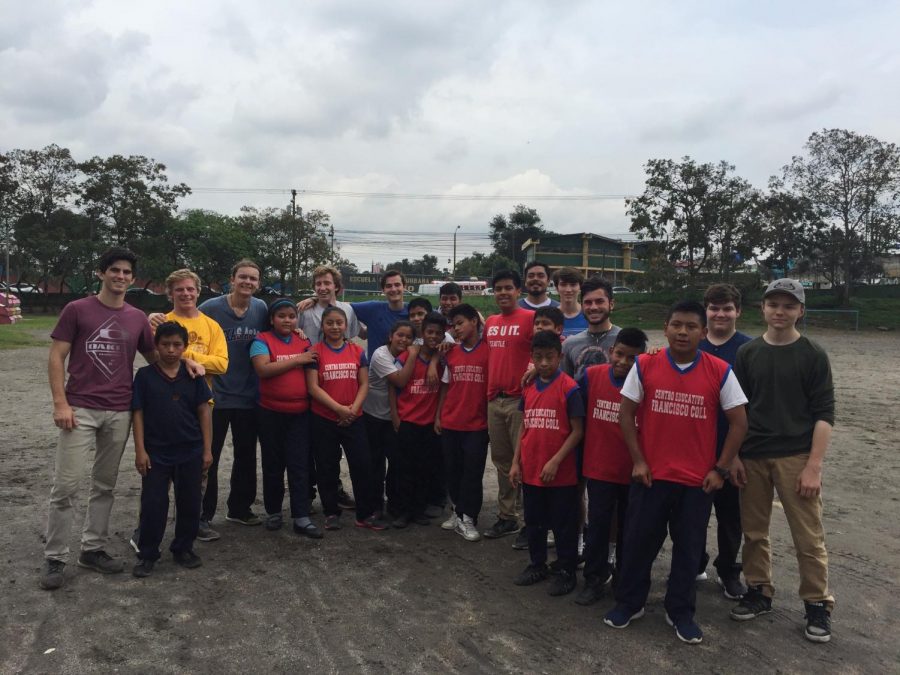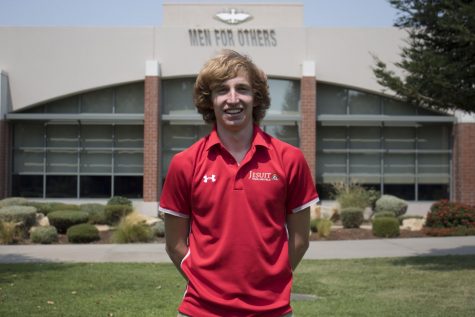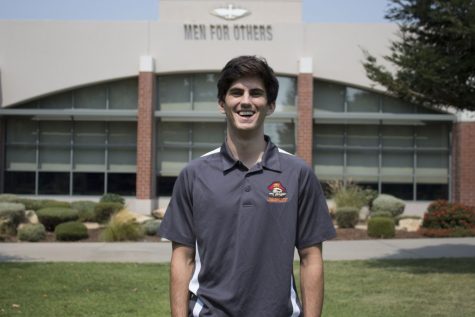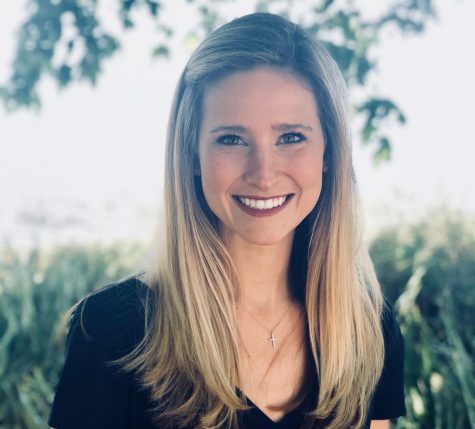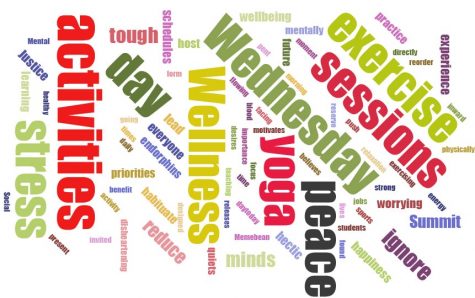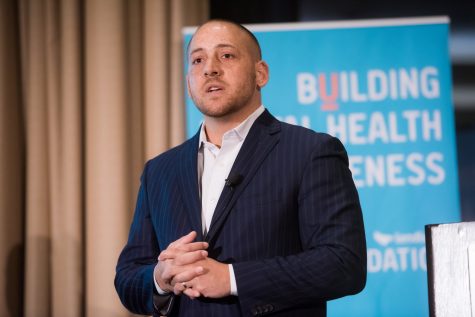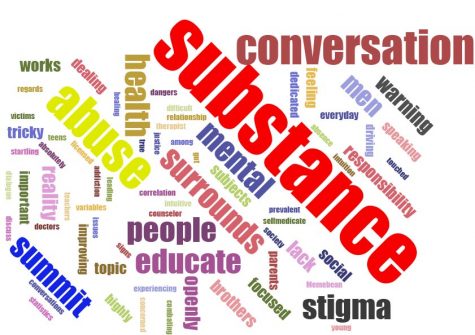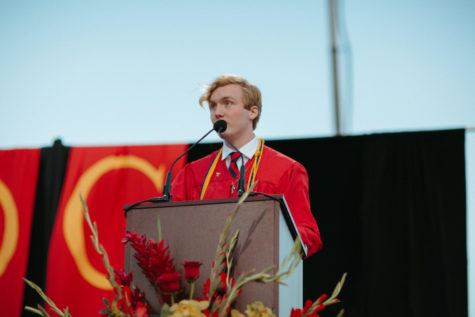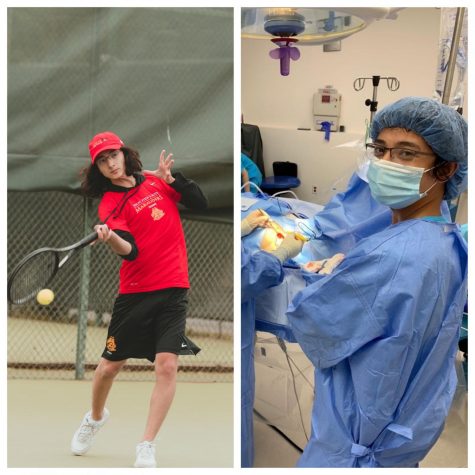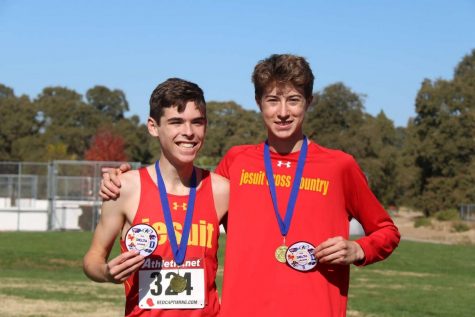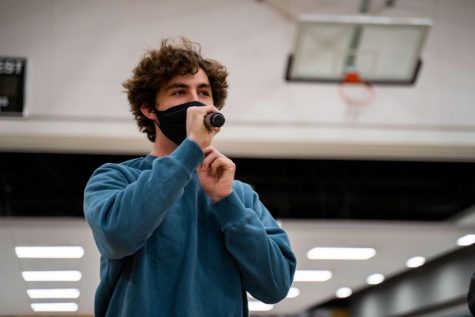Finding joy in a garbage dump
Photo courtesy of Michael Cheney
The Guatemala Immersion Team poses for a picture after playing soccer with students from a District Three elementary school.
Upon entering Guatemala City, our immersion team knew we were going to see a whole new level of poverty. We went in thinking our goal was just to help the poor, but none of us knew how much the service would teach us about ourselves and how we would gain a new insight into the lives of the impoverished.
We did our service through International Samaritan, a charity that aids workers in garbage dump communities around the world by providing educational opportunities and medical care. Our group worked at two schools in the poorest district, District Three, that catered to children of workers in the town dump.
In the mornings, our group of ten split into two groups. One group went to play with the kids at a nursery school for preschool-aged children, and the others went to teach at an elementary school. In the afternoon, we all did construction work, building a play area for the elementary school.
The similarities between our childhood and the lives of the children at the schools were striking. It felt, looked, and sounded like one of our schools. Despite the horrific conditions in which the kids lived, they were happy and energetic the whole time, finding joy in the little they had.
Before going on the immersion, most students in our group thought of the citizens in Guatemala as those who needed our help. As we formed relationships with the children and their families, we discovered that they helped us more than any of us could possibly have helped them.
There was an obvious culture of love in District Three. The residents cared for each other, sharing what they had, and were extremely welcoming to us. Our team had the chance to visit a 500 square foot home that housed a family of ten, and despite what little they had, they offered to cook us a meal.
We had never felt love and generosity from strangers in the way that we did in Guatemala. The community we served ended up serving us, making us feel a sense of belonging that none expected to find.

